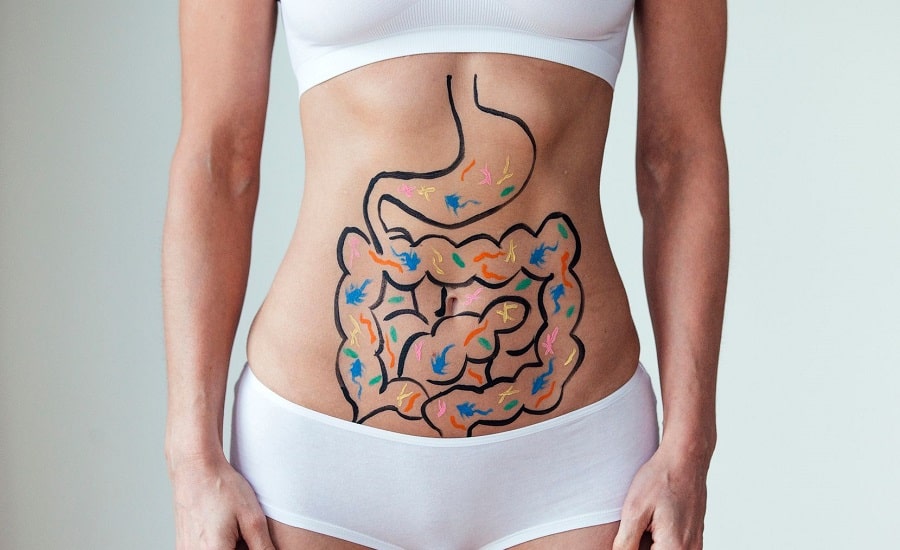There are all kinds of reasons why you might suffer from digestive problems, and there are many different symptoms that can prove you are. These include constipation, diarrhea, nausea and vomiting, stomach cramps, and more.
 No matter whether your digestive problems are chronic, stemming from conditions such as colitis, fibromyalgia, or IBS, or they are acute and come from food poisoning, stress, or your medication (digestive issues can be a side effect of some medicine), it’s essential to know how to deal with them to ensure your life is as comfortable as possible. Read on for some ideas that might help.
No matter whether your digestive problems are chronic, stemming from conditions such as colitis, fibromyalgia, or IBS, or they are acute and come from food poisoning, stress, or your medication (digestive issues can be a side effect of some medicine), it’s essential to know how to deal with them to ensure your life is as comfortable as possible. Read on for some ideas that might help.
See a Doctor
As with any medical issue, the first thing you’ll need to do if you suffer from any kind of digestive issues, especially chronic ones, is to see a doctor. A specialist like Dr. Shakeel Ahmed who understands gastrointestinal problems is ideal, as they will know exactly what to look for and what tests to perform to diagnose you and put you on the road to recovery.
It’s important to understand that some digestive problems don’t have a cure, but you can manage them, and it might be that this is the best thing you can do. Following your doctor’s advice and coming up with a treatment plan together can be just the thing.
Know Your Triggers
Many digestive issues will have triggers associated with them that start the problem – they don’t, in other words, just come out of nowhere. Understanding what triggers your specific problem, whether it’s a particular food type, an allergy, or your medication, for example, means that you can have much more control over the problem.
Of course, you should never stop taking any medication without consulting a doctor first, and this is a special case, but when it comes to food and other triggers, you can arrange your life around them, avoiding them as much as possible, and thus preventing any digestive problems from flaring up.
Stay Hydrated
Staying hydrated is crucial for all kinds of health reasons, and drinking enough water during the day is something that many don’t quite manage. If you have known digestive problems, then staying hydrated is even more important; the more water you drink, the softer and easier to pass your stools will be, for example. Plus, when you think you are hungry, it’s often thirst instead, and drinking water instead of rushing for a snack that might set off your stomach problems is a better option.
Remember it’s water that works best for your health, and drinks containing caffeine or carbonated beverages can be triggers in themselves. If you have suffered from diarrhea, it’s good to drink sports drinks to replace your lost electrolytes and help you recover more quickly.
Wash Your Hands
The simple act of washing your hands regularly throughout the day, and certainly after you have used the bathroom, can significantly impact your health in several different ways, and it can help when it comes to digestive issues.
One of the reasons that stomach upsets occur is because of bacteria which is transferred from surfaces to hands and then to the face and mouth. Conversely, bacteria already on your hands can be transferred to food when preparing it and then consumed. Either way, it can cause stomach pains and illness. Washing your hands more regularly will reduce the chances of this happening.
Leave a Reply